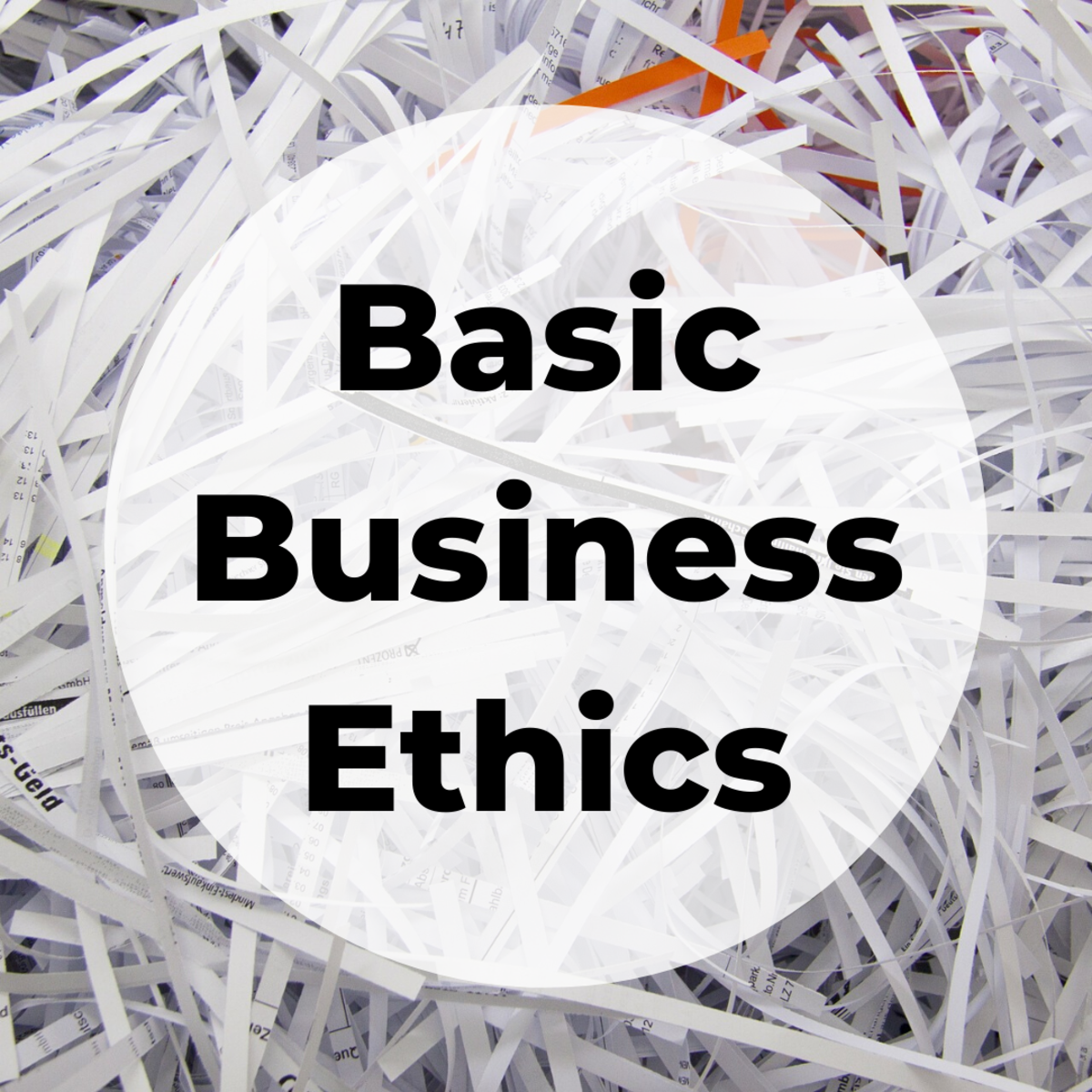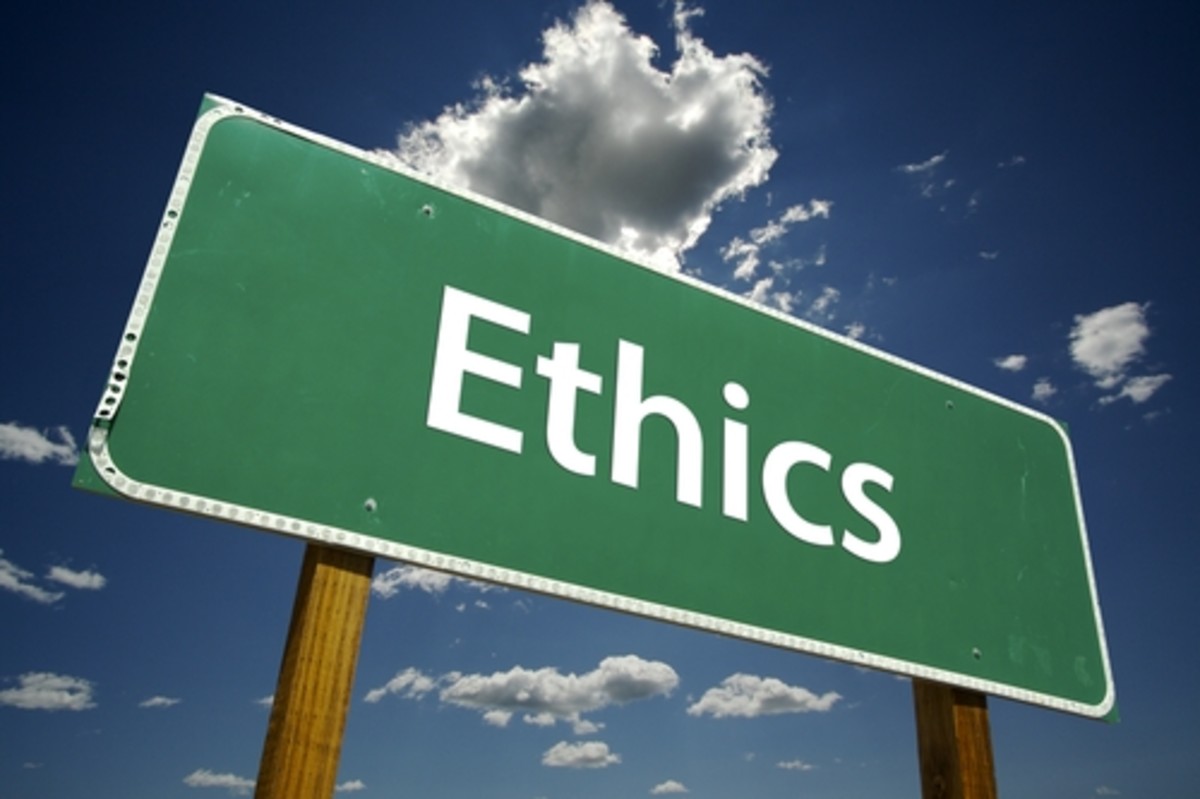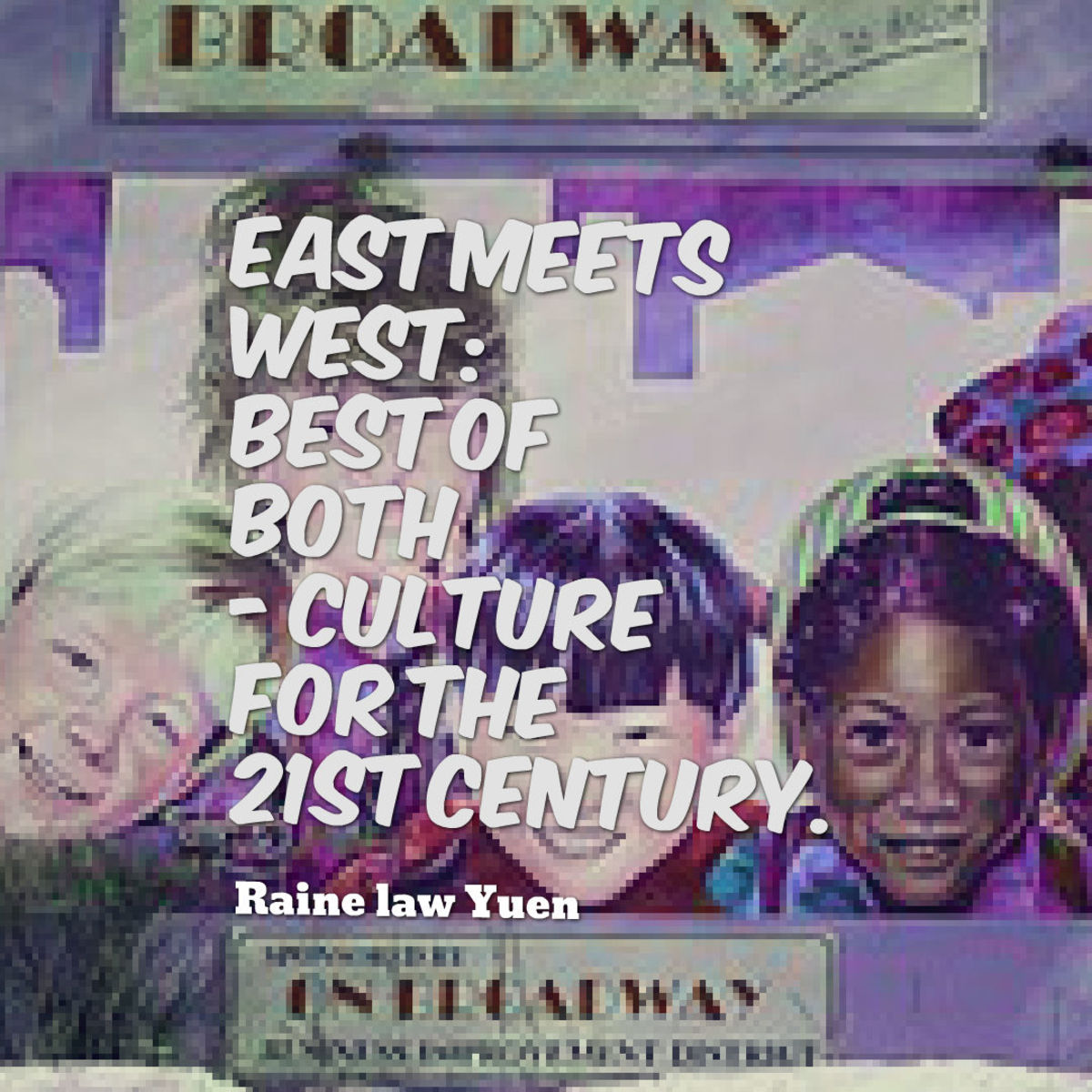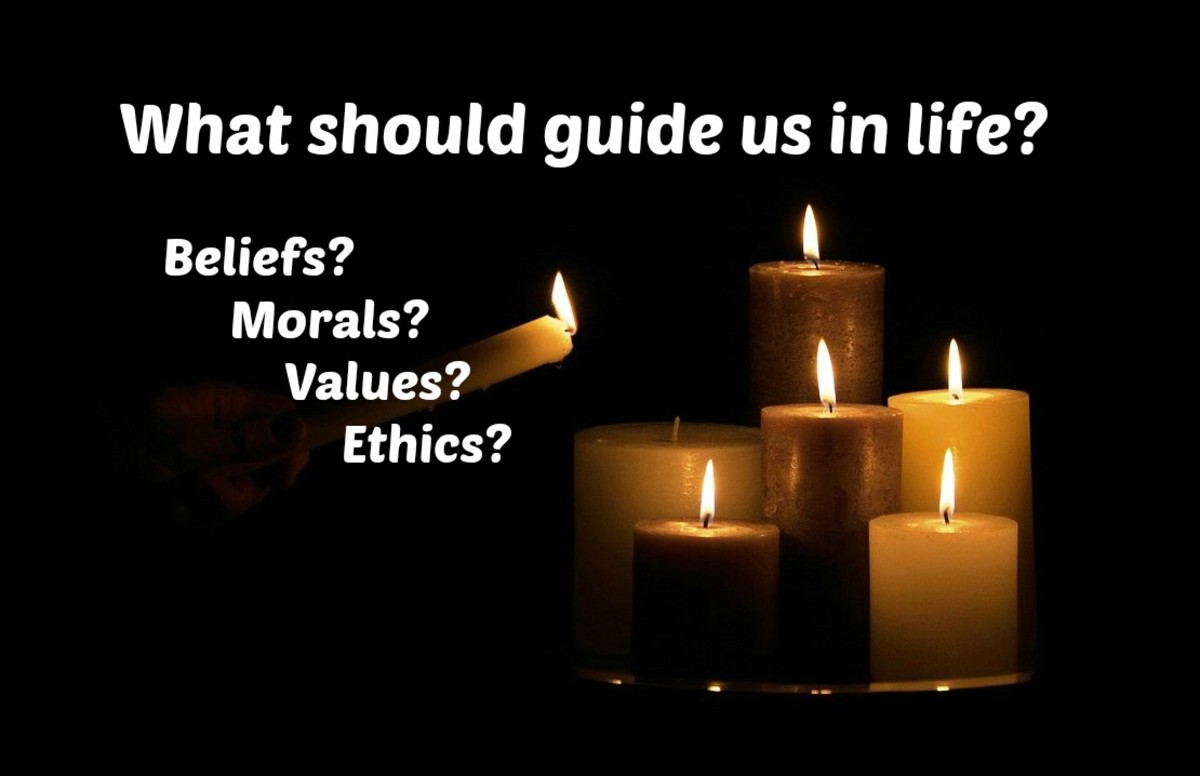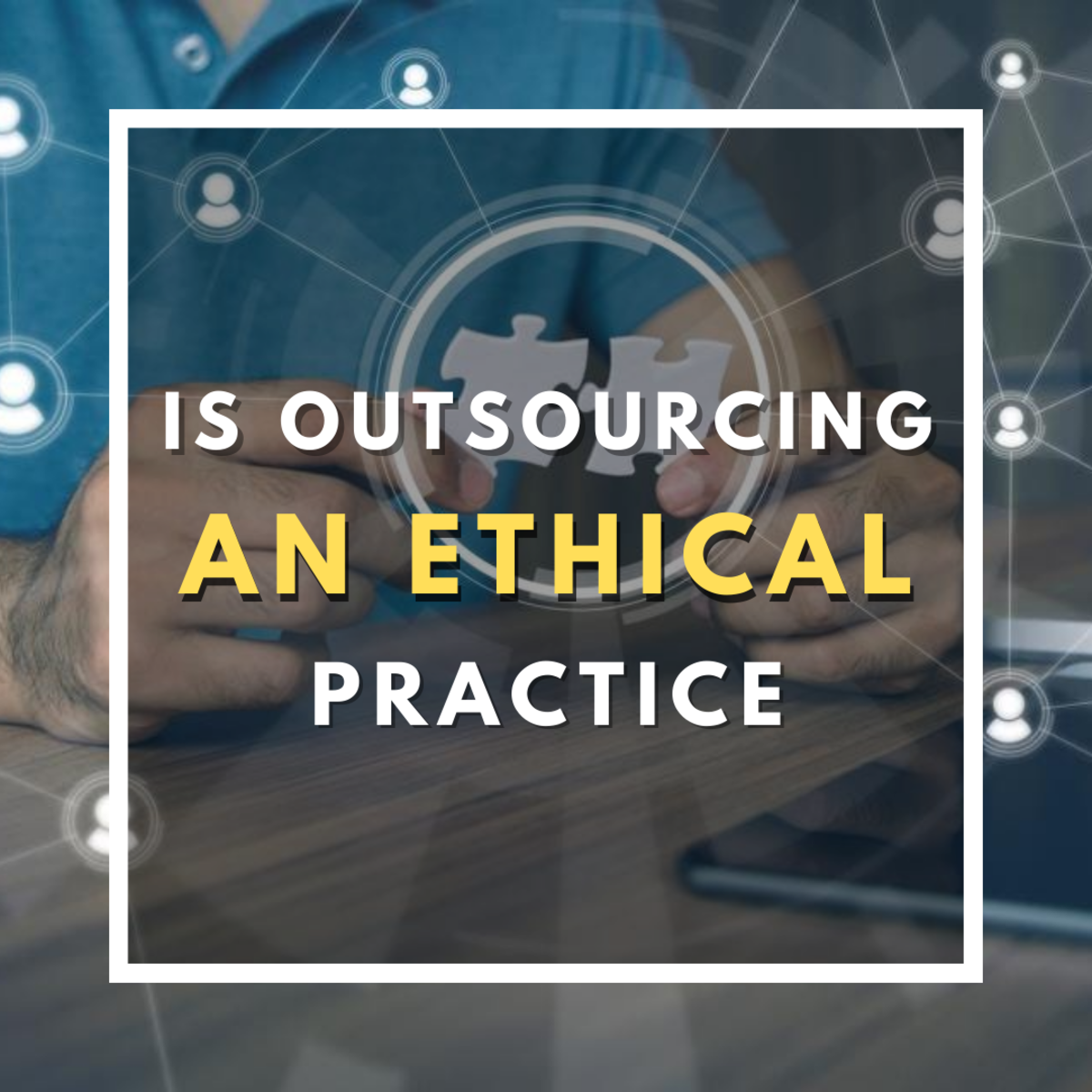Personal, Organizational, and Cultural Values and Ethics in a Global Setting
How an Individual Reconciles Personal, Organizational, and Cultural Values and Ethics in a Global Setting
I. Introduction
This paper analyzes and discusses how an individual achieves a reconciliation of values and ethics in a global setting. The values pertain to personal, organizational and cultural values. Values are defined as “principles and priorities which help us make decisions on a daily basis” (University of Kentucky, n.d.). They are also defined thus (Thorp, 2005):
…core principles that define for individuals what are ideal personal standards. Values are in hierarchies that are unique to each individual and culture. As a result, values are personal standards that help people determine the relative value, worth, and importance of standards to their lives (Thorp, 2005).
Ethics, on the other hand, pertains to the following (MenloSchool, n.d.):
…standards of conduct, standards that indicate how one should behave based on moral duties and virtues, which themselves are derived from principles of right and wrong… There are two aspects to ethics: the first involves the ability to discern right from wrong, good from evil, and propriety from impropriety; the second involves the commitment to do what is right, good and proper. Ethics is an action concept; it is not simply an idea to think and argue about (MenloSchool, n.d.).
Ethics is also defined and related to the concept of values thus (Thorp, 2005):
…the implementation of what a group’s value system defines as good or bad, and the behavior necessary to fulfill ideal states. When an individual’s conduct is consistent with her group’s values, then she has acted ethically. Being ethical is not about acting out of one’s own values (Thorp, 2005).
II. Reconciling Personal Values in a Global Setting
The literature discusses the existence of so-called global values, meaning that there are values that all men around the world share. There is thus an intersection to be found between personal values and global values. One way to reconcile personal values in this context is to find where those personal values intersect with global values. This way one is able to put into perspective one’s personal values in that larger global context. Where personal and global values clash, on the other hand, again the key is to find where the clash occurs, and to try to find common ground. Universal values of good must be the point of departure in efforts at reconciling those two sets of values (Richter and Barnum, 1994).
III. Reconciling Cultural Values in a Global Setting
Again, there are references in the literature with regard to a global culture and values that are tied to that global culture, especially in the world of business, where cultural values are relative, but can be reconciled with the values of that global culture. There are aspects of one’s cultural values that again intersect with those global cultural values. For proof of its existence, one need only to relate to the testimonies of global leaders such as Kofi Annan, who led the United Nations as Secretary General for the decade leading to 2007, and who is versed in dealing with various cultures and the values tied to them. The reference point of reconciliation is that universal pool of cultural values that all men can relate to. Annan prescribes a method for reconciling one’s cultural values with universal cultural values in the world stage (Annan, 2003):
No society should consider that, because it has found them useful, it has an absolute right or obligation to impose them on others. Each society should be given the space, not to distort or undermine universal values, but to express them in a way that reflects its own traditions and culture (Annan, 2003).
IV. Reconciling Organizational Values in a Global Setting
As a global organization, one can look at the example of the United Nations with regard to how global organizational values exist, and which can be taken as a point where one’s organizational values can be reconciled with that global stage. Annan hints at the elements of that universal organizational value system in a speech (Annan, 2003):
Values are not there to serve philosophers or theologians, but to help people live their lives and organize their societies. So, at the international level, we need mechanisms of cooperation strong enough to insist on universal values, but flexible enough to help people realise those values in ways that they can actually apply in their specific circumstances (Annan, 2003).
V. Reconciling Ethics in a Global Setting
The academic literature has come to recognize the existence and complexity of global ethics. This is a common code of values, a code of behavior, that governs the way individuals and nations deal with each other and act alone or in concert with other parties. Where global ethics are in harmony with individual ethics, then reconciliation is seamless. On the other hand, where the two clash, the reconciliation should depart from an understanding of where the two find common ground (Widdows, n.d.).
Faith is an aspect that drives people. Some are not very active in their religion, some are very active, some doesn’t have a religion while some are in the middle of being active and not. But whatever our status may be in our religion, our faith is still one of the things we carry wherever a person may go. Since being far away from home or native land also makes us away from our religious group or parish church, having been able to have another parish or place of praise in other country is a way in continuing a person’s ethics, faith and religion.
VI. Conclusion
Primarily, whenever a person is away from home, there is always this saying that there are things that may be a resemblance of home. How does individual bring together personal, organizational and cultural values as well as ethics in a global setting? There is no particular way or measure in being able to achieve this. There is no right or wrong way in order to be reconciled to a person’s personal, cultural and organizational aspects. It is all a matter of adjustment which is a personal matter done in a personal way or unique way a person decides to. There are just things that may support a person and give him comfort and solutions for these dilemmas, but as an over all opinion, it is still the person’s decision and choice how to be reconciled to oneself especially in the global setting.
References
Annan, K. (2003). Global Ethics “Do We Still Have Universal Values?” Canadian International Youth Letter. Retrieved 19 April 2009 from http://www.paep.ca/en/CIYL/2006/doc/Global%20Ethics%20-%20Do%20We%20Still%20Have%20Universal%20Values%20-%20Kofi%20A.%20Annan.pdf
MenloSchool (n.d.). What is ethics? sun.MenloSchool.org. Retrieved 19 April 2009 from http://sun.menloschool.org/~sportman/ethics/definition.html
Richter, A. and Barnum, C. (1994). When values clash- business ethics- includes related articles. HR Magazine. Retrieved 19 April 2009 from http://findarticles.com/p/articles/mi_m3495/is_n9_v39/ai_16309020/
Thorp, JH (2005). Values and Ethics for CPAs in a Changing World. The CPA Journal Online. Retrieved 19 April 2009 from http://www.nysscpa.org/cpajournal/2005/805/perspectives/p18.htm
University of Kentucky (n.d.). Values & Ethics. Office of Student Activities, Leadership, and Involvement. Retrieved 19 April 2009 from http://www.uky.edu/GetInvolved/Leadership/pdf/Values%20and%20Ethics.pdf
Widdows, H. (n.d.). Global Ethics. Dept of Philosophy, University of Birmingham. Retrieved 19 April 2009 from http://www.ccels.cf.ac.uk/archives/publications/2009/widdows.pdf.
<script async src="//pagead2.googlesyndication.com/pagead/js/adsbygoogle.js"></script>
<script>
(adsbygoogle = window.adsbygoogle || []).push({
google_ad_client: "ca-pub-5249428154136602",
enable_page_level_ads: true
});
</script>
